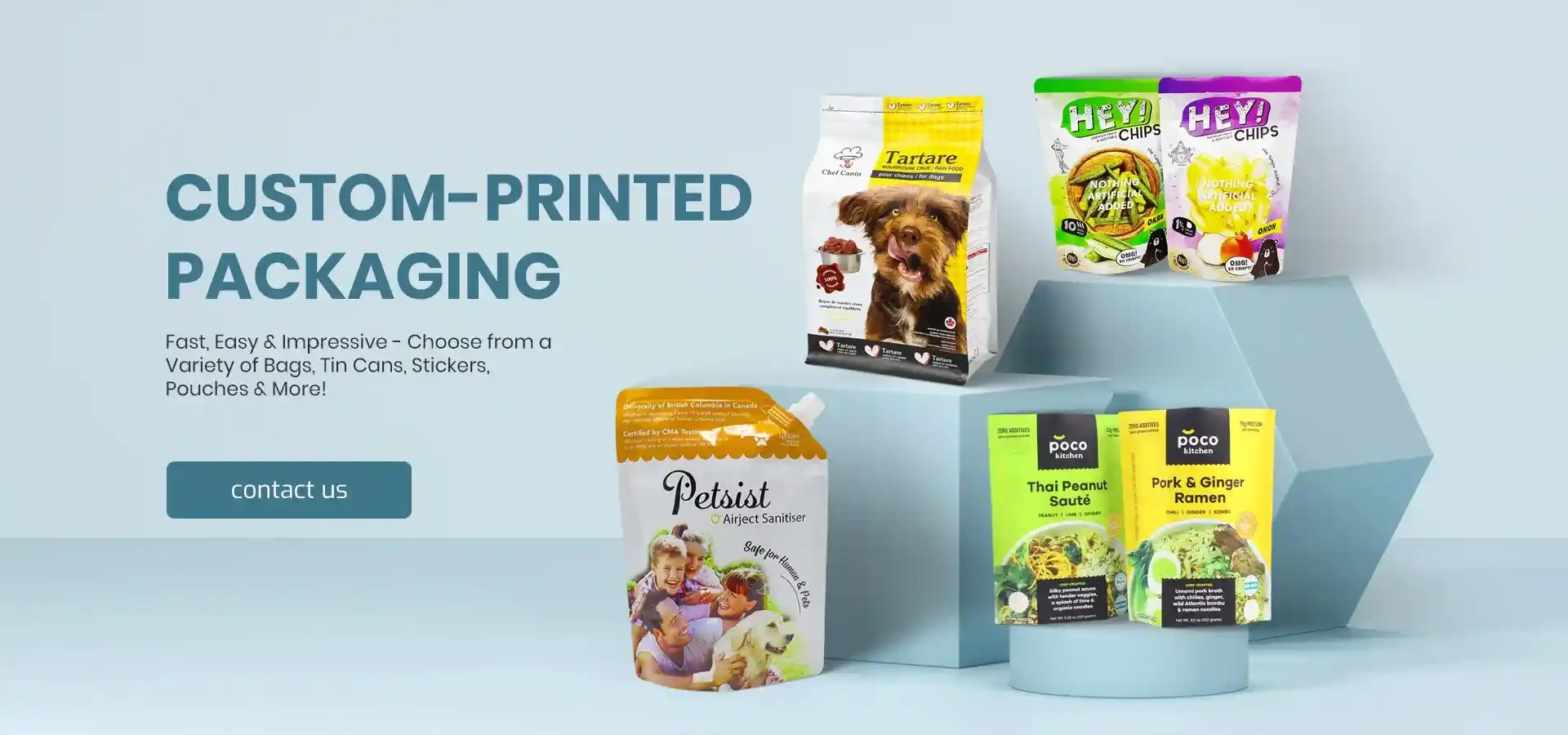- Afrikaans
- Albanian
- Amharic
- Arabic
- Armenian
- Azerbaijani
- Basque
- Belarusian
- Bengali
- Bosnian
- Bulgarian
- Catalan
- Cebuano
- chinese_simplified
- chinese_traditional
- Corsican
- Croatian
- Czech
- Danish
- Dutch
- English
- Esperanto
- Estonian
- Finnish
- French
- Frisian
- Galician
- Georgian
- German
- Greek
- Gujarati
- haitian_creole
- hausa
- hawaiian
- Hebrew
- Hindi
- Miao
- Hungarian
- Icelandic
- igbo
- Indonesian
- irish
- Italian
- Japanese
- Javanese
- Kannada
- kazakh
- Khmer
- Rwandese
- Korean
- Kurdish
- Kyrgyz
- Lao
- Latin
- Latvian
- Lithuanian
- Luxembourgish
- Macedonian
- Malgashi
- Malay
- Malayalam
- Maltese
- Maori
- Marathi
- Mongolian
- Myanmar
- Nepali
- Norwegian
- Norwegian
- Occitan
- Pashto
- Persian
- Polish
- Portuguese
- Punjabi
- Romanian
- Russian
- Samoan
- scottish-gaelic
- Serbian
- Sesotho
- Shona
- Sindhi
- Sinhala
- Slovak
- Slovenian
- Somali
- Spanish
- Sundanese
- Swahili
- Swedish
- Tagalog
- Tajik
- Tamil
- Tatar
- Telugu
- Thai
- Turkish
- Turkmen
- Ukrainian
- Urdu
- Uighur
- Uzbek
- Vietnamese
- Welsh
- Bantu
- Yiddish
- Yoruba
- Zulu
Sustainable Packaging Solutions Using Foam Egg Cartons for Eco-Friendly Alternatives
The Versatile Foam Egg Carton A Sustainable Solution for Egg Transportation
In the world of packaging, the foam egg carton holds a unique and essential place, especially in the food industry. Designed to cradle eggs during transit, these cartons not only provide security for the delicate contents but also embody a forward-thinking approach to sustainability and eco-friendliness. In this article, we will explore the benefits of foam egg cartons, their production processes, and how they contribute to reducing environmental impact while ensuring eggs reach consumers safely.
Foam egg cartons are primarily made from expanded polystyrene (EPS), a lightweight and durable material known for its shock-absorbing properties. This structure is specifically designed to cradle eggs, minimizing the risk of breakage and damage during transport. With varying sizes that accommodate different egg quantities, foam egg cartons easily cater to both small-scale farmers and large commercial producers. Their efficiency in reducing egg breakage rates has made them a popular choice in the poultry industry, which is vital given that a significant portion of eggs sold are still at risk during distribution.
One of the notable characteristics of foam egg cartons is their ability to insulate eggs
. The foam material helps maintain temperature, which is crucial for preserving the freshness of the eggs. This is particularly important in warmer climates where fluctuations in temperature can significantly affect the quality and longevity of eggs. Moreover, the lightweight nature of foam allows for cost-effective transportation, as fewer resources are needed for shipping when the packaging does not add undue weight to the cargo.foam egg carton

Despite concerns surrounding plastic waste in the environment, foam egg cartons offer an eco-friendly solution when managed correctly. Many foam egg cartons are recyclable, and with proper initiatives in place, consumers can recycle or reuse these cartons instead of sending them to landfills. Some suppliers have also developed programs that encourage the return and recycling of used cartons, further promoting sustainability in the poultry industry. The growing awareness of environmental issues has even prompted research into biodegradable alternatives to foam. These innovations seek to marry functionality with ecological responsibility, ensuring consumers can have confidence in their packaging choices.
Additionally, foam egg cartons contribute to food safety by acting as a barrier against contamination. The sealed environment helps protect the eggs from dust, dirt, and other pollutants, ensuring that they maintain their quality until they reach the consumer. This is particularly important given the rising concerns regarding foodborne illnesses and the safety of food products. By providing a reliable method of storage and transport, foam egg cartons play a crucial role in food safety standards.
As consumers continue to prioritize sustainability, the egg industry is adapting to these new demands. Packaging solutions, including foam egg cartons, are increasingly being scrutinized for their environmental impact. In response, manufacturers are innovating and experimenting with eco-friendly materials while still delivering the same level of protection and efficiency in transportation.
In conclusion, the foam egg carton is more than just a packaging solution; it is a testament to the poultry industry’s commitment to quality, safety, and sustainability. As we move towards a greener future, the role of packaging must evolve alongside consumer expectations and environmental standards. Considering the unique benefits that foam egg cartons offer—protection from breakage, insulation for freshness, and an opportunity for recycling—they represent a responsible choice in the food industry. Continued innovation in materials and processes will ensure that foam egg cartons not only protect eggs but also align with global sustainability goals, ultimately paving the way for a more eco-conscious society.













